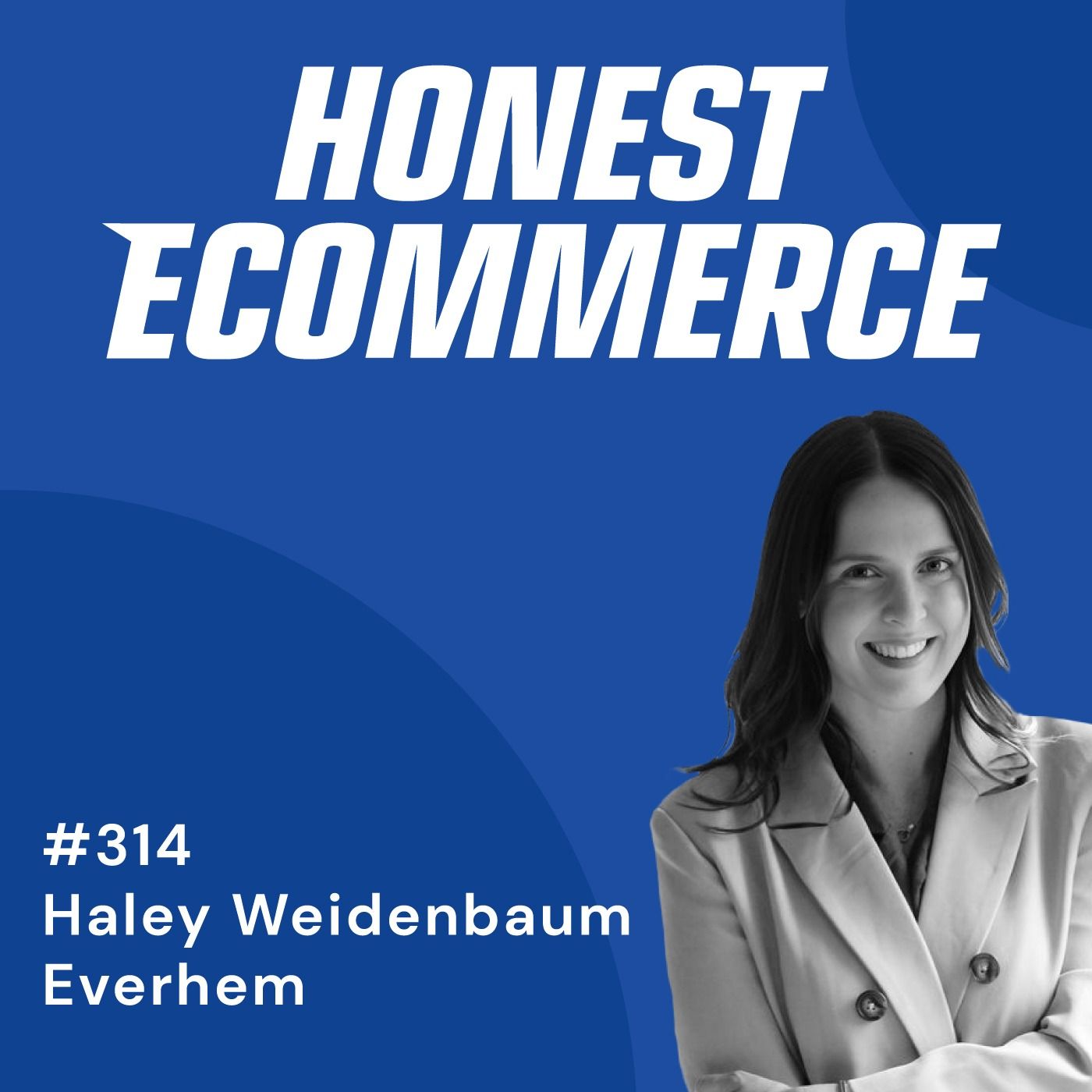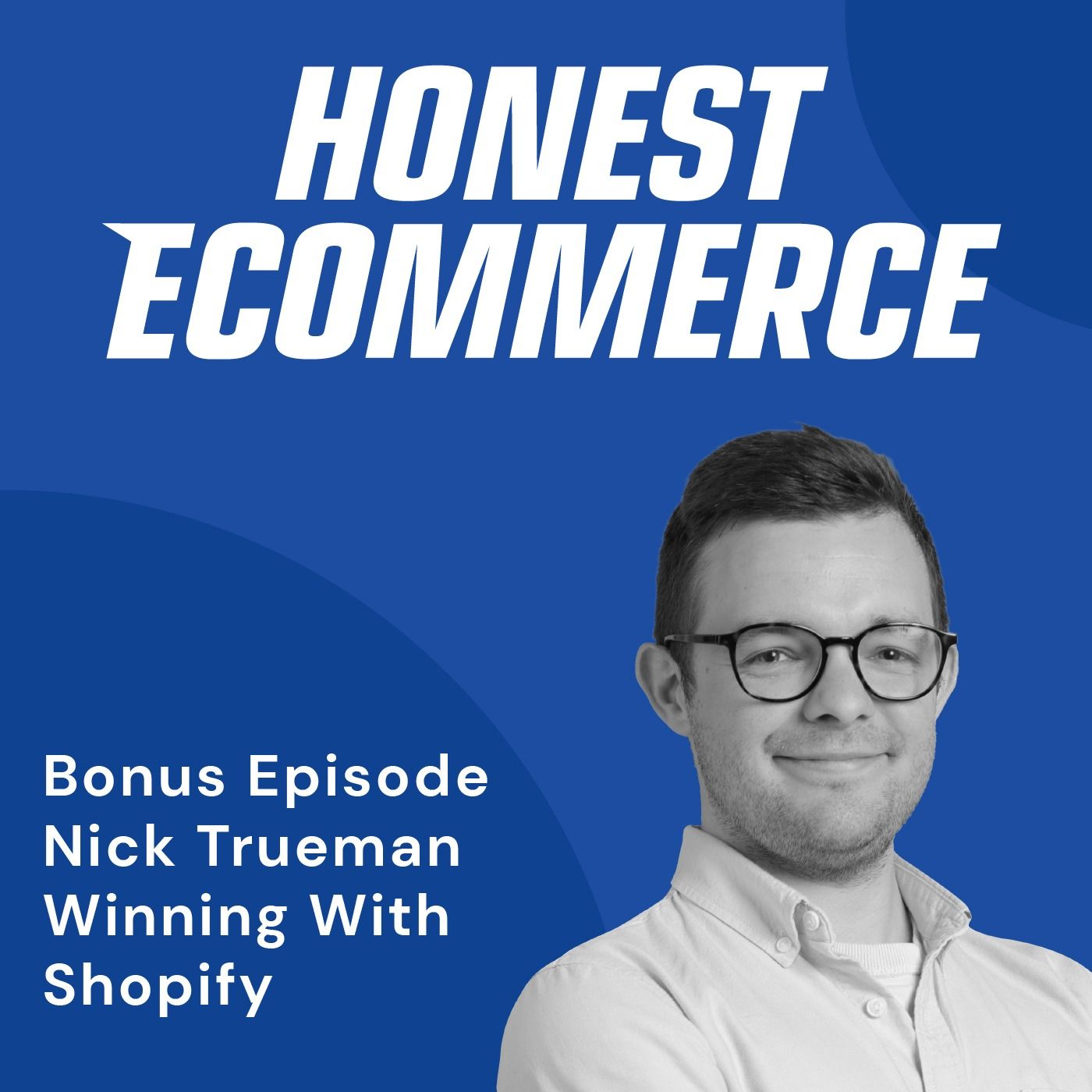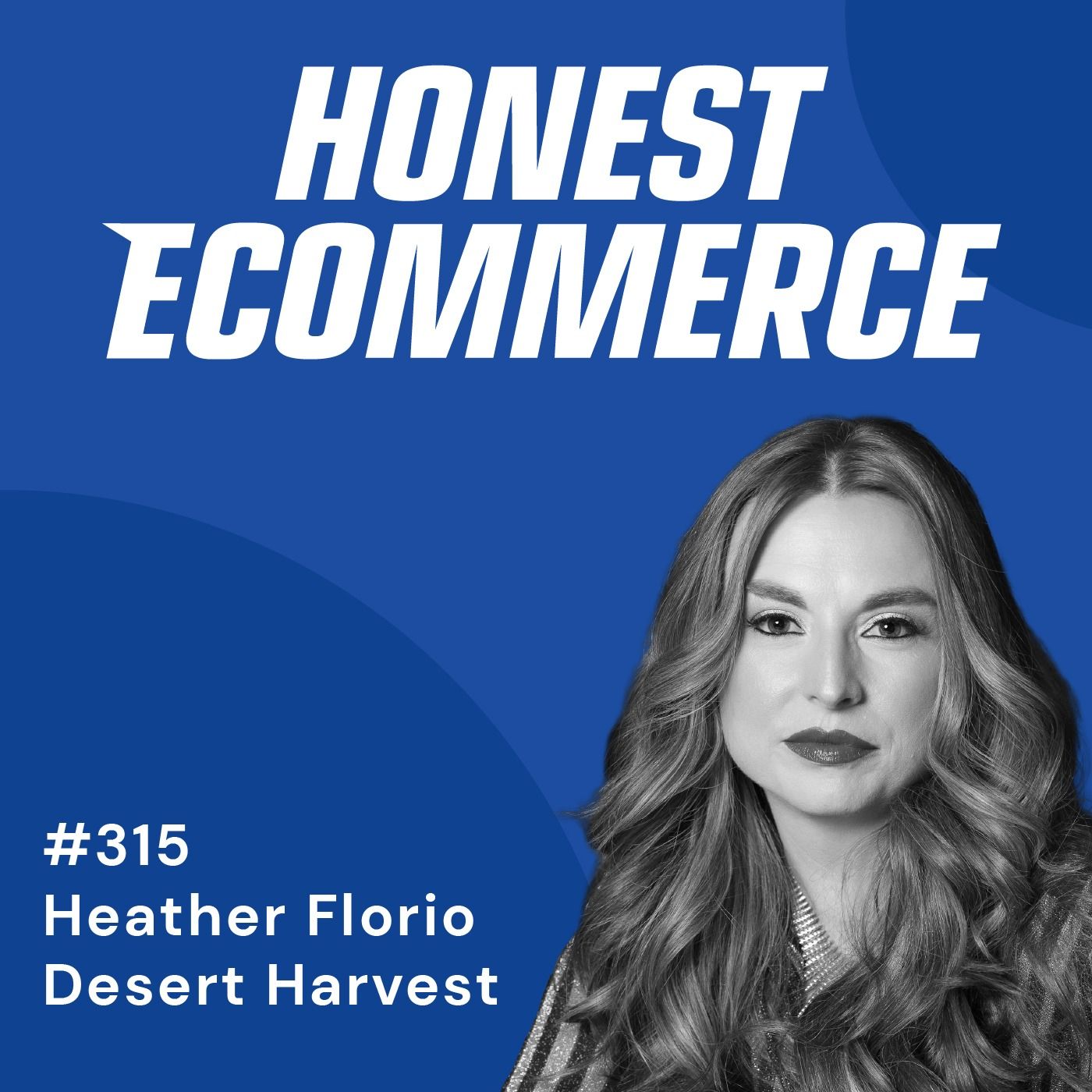Heather Florio is the second-generation owner and CEO of Desert Harvest, a company pioneering sustainable solutions in pelvic and sexual health. Recognized by Authority Magazine as one of the Top 50 Women in Wellness and featured in Forbes as a top woman in business, Heather has spent over 30 years driving innovation in the industry.
Under her leadership, Desert Harvest has transformed pelvic healthcare, funding medical research, launching science-backed products, and advocating for those suffering in silence. As a pelvic health specialist and "Sexpert," Heather shares her expertise globally, speaking on panels and at conferences to raise awareness about chronic pelvic health issues.
In This Conversation We Discuss:
- [00:14] Intro
- [01:09] Developing products that align with brand mission
- [01:30] Identifying market gaps through personal experience
- [03:26] Building a business where people find their niche
- [04:53] Following Ecommerce industry shifts to stay ahead
- [06:45] Partnering with nonprofits for awareness
- [08:57] Evolving a brand’s online presence over decades
- [10:35] Selling online before Ecommerce platforms existed
- [12:00] Struggling with early web design tools
- [13:59] Navigating regulatory changes in Ecommerce
- [15:28] Episode sponsors: StoreTester and Intelligems
- [18:40] Using AI for customer acquisition & targeting
- [20:18] Optimizing for AI-driven recommendations
- [21:10] Adapting to AI-driven consumer research
- [25:41] Building consumer trust through education
- [27:01] Creating a brand connection that lasts
Resources:
- Subscribe to Honest Ecommerce on Youtube
- Scientifically studied, all-natural supplements and skincare desertharvest.com/
- Follow Heather Florio linkedin.com/in/heather-florio-468822a4
- Book a demo today at intelligems.io/
- Done-for-you conversion rate optimization service storetester.com/
If you’re enjoying the show, we’d love it if you left Honest Ecommerce a review on Apple Podcasts. It makes a huge impact on the success of the podcast, and we love reading every one of your reviews!
Transcript
Read more

On this episode of Honest Ecommerce, we have Haley Weidenbaum. Haley is the Co-Founder and CEO of Everhem, a custom window treatment brand revolutionizing the design industry. We talk about how Ha...

On this bonus episode of Honest Ecommerce, we have Nick Trueman. Nick is the Director of PPC & SEO Consultancy at Spec Digital and Host of the Winning With Shopify Podcast. With 17 years in PPC...

